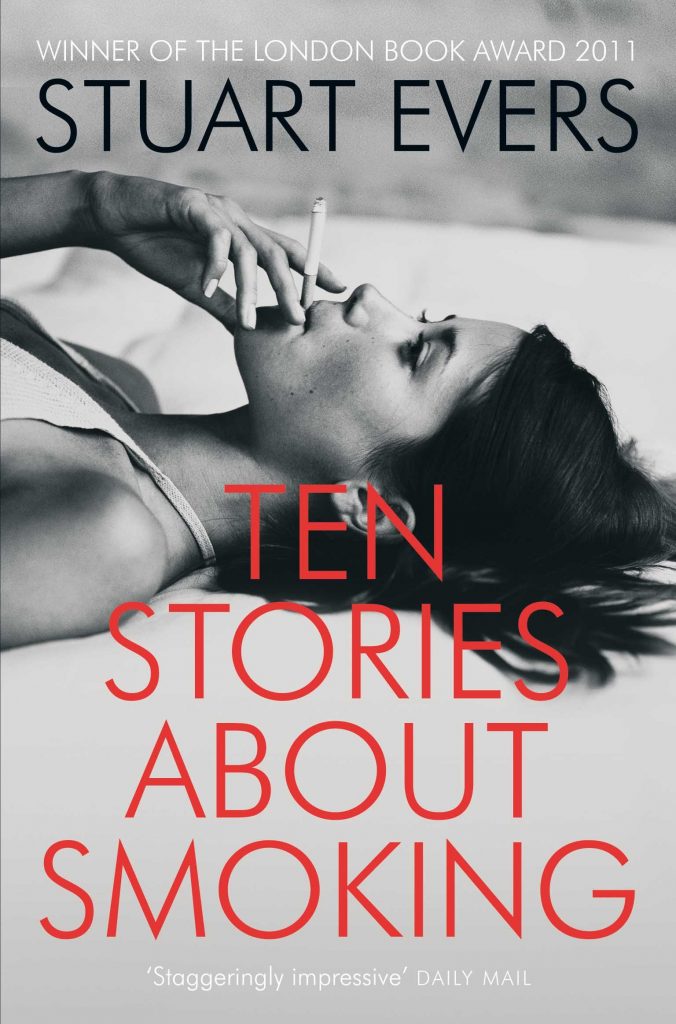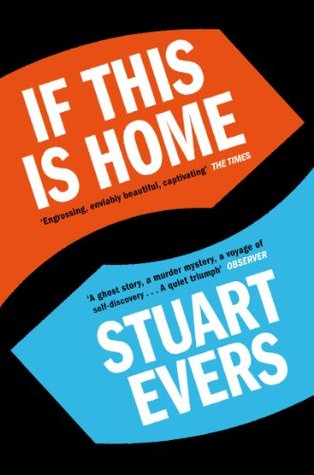Today we’re talking to Stuart Evers, former bookseller and editor, and acclaimed author of Ten Stories About Smoking, which won the 2011 London Book Award, the novel If This is Home, and Your Father Sends His Love. He lives in London. He is also the Assistant Director of NetGalley UK.


How do you set your writing goals? Are they daily, weekly, etc?
The ideal is for there to be no goals or targets at all; to be writing with a complete ignorance of such outside-the-text pressures. Just picking up from where you left off: The words, the shape, the tone and the timbre so entwined that’s the only thing on which you concentrate. These moments are few and far between, however. Mostly I give myself long deadlines – a story, a chapter, a section finished by some time in the near future – and try to adhere to them. This has a moderate success rate. Otherwise, goals are sharp sticks with dubious carrots at the end – get a thousand words down and you can bathe the kids before their bedtime, get five thousand done by the end of the week and you can go to the pub. These goals are easily achievable – I always want to see my kids, I always want a beer on a Friday – but whether the work that stems from them is usable is something of a moot point.
Describe your routines as a writer and how they help you stay on track with your goals:
My routines are shaped by two vital factors, my job and my children. I write around these – before work, when the kids are eating, and after they have gone to bed. I sometimes do an hour just before bed, and a few hours on the weekend while my wife looks after the boys. These twin commitments allow me to write, so they have to be treated with respect and priority, even if characters are screaming at me for some attention.

How did you develop your writing routines?
I’ve always had a job, so it’s always been the same for me: Snatched hours here and there; concentrating for short periods at a time; blocking out time on weekends and holidays. It is a necessity and I have got used to it. I’d love to be able to take the time to spend a day honing a sentence, but I suspect that even if I had that space, the sentence would be the same as the one I wrote originally.
What routines have you tried that didn’t work for you? Why didn’t they work?
I found that any very strict deadlines I set myself, I became resistant to. If I said that I absolutely had to finish a piece by a particular date, I would fail. A more generous deadline and I would beat it handsomely.
What do you do when you feel stuck?
I walk. Sometimes for some hours. I usually end up in a pub of some kind. Sometimes I just go off and write something else, other times I revisit writers I love to remind me that it can be done.
What compromises have you had to make in order to have time for writing?
I am less sociable than I once was. I once met David Mitchell and his advice to me was to halve my social life and buy a teapot. I already had the teapot.

Describe the balance between having a full-time job, family, and writing. How do you manage both?
They are all fun, all frustrating, all important – and they are all interdependent. The difference is that, for the most part, writing can wait. It is a kind of vital luxury – but it’s like some people are with exercise, if you’re not doing it, it can impact on other aspects of your life. So you always find the time.
How do you think about finding a job that supports you financially and supports your writing? Do you need something that leaves room in your mind for creative work, something that keeps you in the habit of deep thinking and frequent writing, something else altogether?
Most writers – certainly those who are in their forties like me – need a job. Even Zadie Smith has a day job. That means you need something that works for you. That can be something flexible, something stretching, or something that you hate, but gives you impetus. You’ll know the fit when you find it.
Tell us a little bit about the New Year’s resolution you made at the beginning of 2018 to help you keep on track with your writing goals.
My wife and I resolved to make Monday to Wednesday no television days, so I would write in the living room as my wife read on the sofa. It’s been a success – I’ve read more and written more than I’d expected and it’s been a very easy transition. It’s the kind of joy – having a partner who likes to read like you – that’s easy to take for granted.

2 thoughts on “A Writer’s Schedule: Stuart Evers”